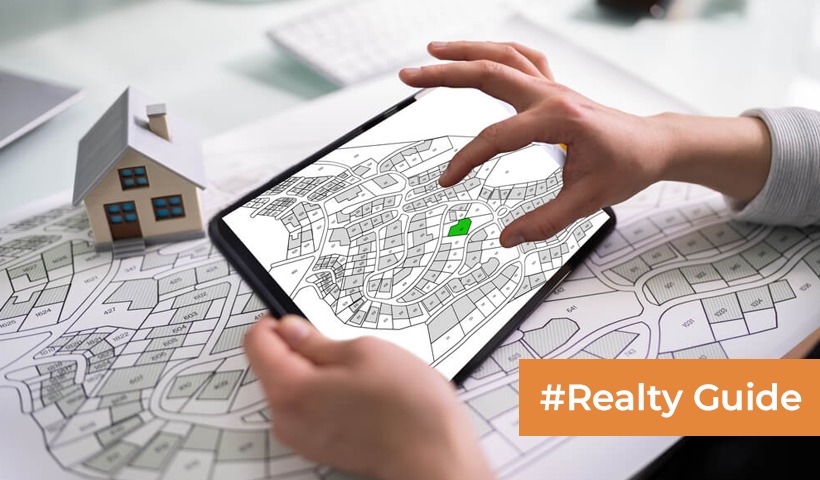Buying a property in Dubai: the complete A to Z guide
Dubai is one destination where people dream to live for its luxurious lifestyle, mesmerizing natural beauty, grande shopping malls, and picturesque life. It is a place in the UAE that offers famous restaurants with many Michelin Star chefs and designer stores, cementing its fact to be a paradise.
It is a usual sight for foreigners to buy property in Dubai. However, there are many things to know before investing in real estate in Dubai. If you understand the process, buying property in Dubai becomes an easy process.
Here’s our guide to help you through this process:
Property in Dubai – Different Types
As a non-national resident of the UAE, you must consider different types of properties and choose the one best suited to your needs.
- Commonhold Properties
Commonhold properties often include apartments incurring maintenance and repair fees. Ownership of a commonhold property in Dubai means that you can buy, sell, or rent the property or even pass it to your heirs.
- Freehold Properties
Freehold properties are similar to commonhold properties but more popular. This type of property in Dubai is purchased from a dealer or developer who holds an Emirates government license. It is the most common type of property among foreigners who look to invest in property in Dubai.
- Usufruct Properties
Usufruct properties are generally for a long-term lease that lasts anywhere between 10 to 100 years. The length of the lease typically depends upon the purpose of buying property in the UAE. Under this type of property, you can do anything within the lease term except for destroying it completely.
Laws for buying property in Dubai
Real Estate Law No. 7 of 2006: Land Registration Law In the Emirates defines all the rules for its citizens and foreigners holding the property. You can buy property in Dubai if you are a UAE citizen or GCC citizen. However, foreigners can invest in freehold and leasehold (Usufruct) ownership property in Dubai.
Steps to buy property in Dubai
- Once you have found the right property developer in Dubai, the first step is to negotiate and draft the terms of sale.
- Following the draft of the sale, signing an MoU, also known as Form F is the second step. Form F can be found on the official website of the Dubai Land Department.
- Next, apply for a No Objection Certificate (NOC) to transfer ownership of the property to your name.
- Effecting the transfer of ownership of property in Dubai is the last legal step to be completed at the Dubai Land Department.
Keep the following documents handy for your visit to the Dubai Land Department:
- Manager’s cheque for the amount payable to the property seller
- Original identification documents of both buyer and seller
- NOC issued by the developer
- Duly signed MoU or Form F
Once these steps are complete, a fresh title deed will be issued to the name of the buyer to become an official property holder in the UAE.
Admin costs involved in the process
Admin costs of buying a property in Dubai involves the following:
- Dubai Land Department (DLD) fees – 4% of the total property price
- Title deed issue fees – AED 520
- Admin fees to DLD – AED 4200
- Agent’s fee, if any – 2% of the total property amount
- NOC charges can go up to AED 5000
Wrapping it up
There are some designated areas in Dubai where foreigners can invest in properties, and these are – Downtown Dubai, Palm Jumeirah, Dubai Marina, Arabian Ranches. The process of purchasing a property, depending upon its usage, whether commercial or residential, defines the entire purchase process. Real estate investment is a significant financial decision that has its pros and cons. The government works proactively on all of its processes, especially when it is about real estate property in Dubai.
Real estate in Dubai is huge for its people there and foreigners. Investing here thoughtfully is essential.
Disclaimer: The views expressed above are for informational purposes only based on industry reports and related news stories. PropertyPistol does not guarantee the accuracy, completeness, or reliability of the information and shall not be held responsible for any action taken based on the published information.




